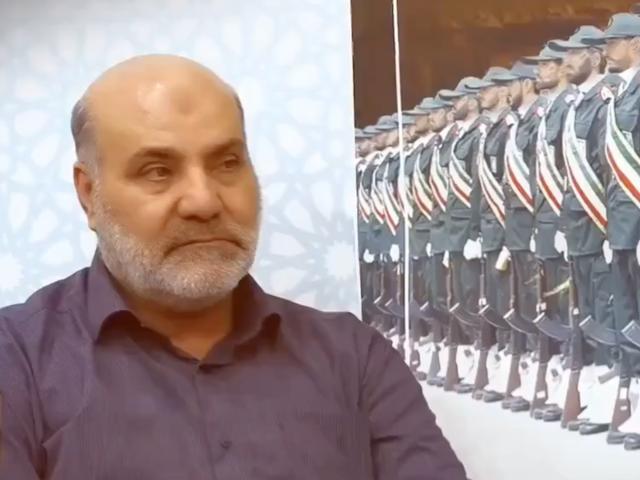Iran's recent rocket attacks on Israel are reportedly a response to an Israeli airstrike that targeted General Mohammad Reza Zahedi, a high-ranking officer in the Islamic Revolutionary Guard Corps (IRGC), in Damascus. The Iranian narrative positions these strikes as retaliatory. However, Iranian officials have openly lauded General Zahedi for orchestrating the October 7th attack that resulted in the tragic loss of over 1,200 lives in Israel, also included a systematic campaign of mass rape and torture. This event, known as the Al-Aqsa Flood, was marked by widespread violence, including indiscriminate killings and hostage-takings of civilians, with over 100 individuals still being held captive. That admission, would mean that the massive attack this past weekend by Iran was a new assault as Israel was within its legal right to retaliate against a man who helped plan the worst assault on Jews since the Holocaust.
The Middle East Media Research Institute (MEMRI) has translated statements from Iran's Coalition Council of Islamic Revolution Forces, which mourn the death of Zahedi while celebrating his significant role in actions against Israel. These revelations stand in stark contrast to Iran's official stance, which has previously denied involvement in the October atrocities. This contradiction is further highlighted by a recent London Times report, revealing financial transactions between Iran and Hamas, substantiating claims of Iran's support for activities against Israel.
On October 7, Iran launched a war against Israel via its proxies.
— Israel War Room (@IsraelWarRoom) April 14, 2024
On April 1, Israel struck a building in Damascus being used by IRGC terrorists, including Mohammad Reza Zahedi, an IRGC Quds Force commander who played a direct role in planning and executing the Oct 7 massacre.… pic.twitter.com/OLdZMOYhhk
The U.S. State Department has consistently recognized the IRGC as a key proponent of terrorism, emphasizing its role in regional instability through the support of terrorist groups and proxies that target Israel and U.S. interests. The designation of the IRGC as a foreign terrorist organization by the Trump administration in 2019 reflects a longstanding view supported by various international calls for similar actions. The ongoing tensions have escalated fears of broader military conflict in the Middle East, with Israel and its allies on high alert for further Iranian military actions. This complex situation underscores the critical need for clear international responses to state-supported terrorism and efforts to ensure regional security and peace.
The revelation of Zahedi's role in the October 7th massacre aligns with MEMRI's findings and challenges previous Iranian denials of involvement. Just days before these revelations, reports emerged of Iran's financial support to Hamas, including significant funding traced back to letters documenting transactions aimed at sustaining militant activities against Israel. Between 2020 and 2021 Iran funneled $222 Million to Hamas as evidenced by letters addressed to Yahya Sinwar, the militant group's leader in Gaza, which outline the payments.
Important piece. You see how #IRGCterrorists commander Mohammad Reza Zahedi played a leading role in liaising with Palestinian militants, funneling money to #Hamas which helped it finance October 7. This was one of the motives of #Israel's strike.https://t.co/nOEefgZEvV
— Jason Brodsky (@JasonMBrodsky) April 11, 2024
Amidst this backdrop of escalating tensions, Iran continues to signal potential further aggressive actions, as evidenced by recent threats and the staging of anti-Semitic demonstrations calling for the seizure of Jerusalem. These developments suggest a volatile situation that could lead to broader regional conflict, underscoring the critical need for vigilant international response to Iran's provocations and support for terrorism.


